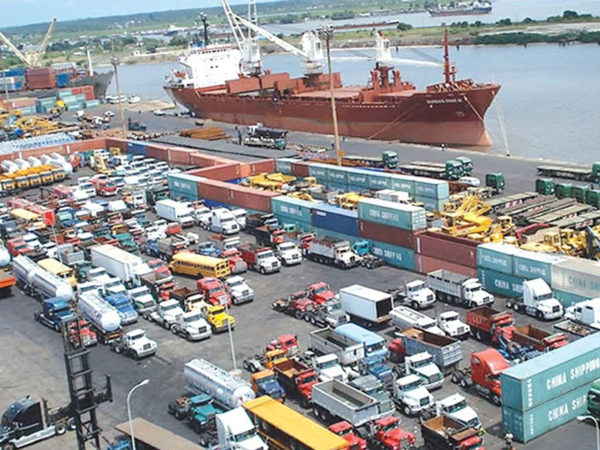Rail
NIGERIA NEEDS $45 BILLION TO BUILD RAIL…AWARDS $3.9b CONTRACT FOR NEW SEAPORT

Nigeria may need to evacuate the country’s entire savings in the External Reserve in order to develop the country’s rail system.
Minister of Transportation, Rotimi Amaechi, hinted at this in Abuja, the Federal Capital, when he told the News Agency of Nigeria (NAN) that about $45 billion dollars would be needed to complete rail development in the country.
He said that the country would have been covered with rail once Lagos-Kano, Port Harcourt-Maduguri, Lagos-Calabar and Abuja-Warri rail lines were constructed.
Amaechi also announced that the Federal Government of Nigeria has approved the building of a new seaport in Warri, Delta State, at a cost of $3.9 billion, while another contract has been awarded for the rail connecting Abuja with Warri and Itakpe and Abuja
According to him, government has not spent more than $3 billion yet on all the ongoing rail projects.
“The Lagos-Ibadan rail will cost about $1.6 billion, that doesn’t include the extra cost of things we didn’t prepare for or see in the evaluation; Abuja-Kaduna was constructed with about a billion dollars.
“We also paid $500 million to buy locomotives and rolling stocks for Lagos-Ibadan rail. I can’t remember how much we spent buying rolling stocks for Kaduna-Abuja, that is what we have spent so far.
“So, all the noise that you hear people saying we have spent 8 point something billion dollars is not true. I don’t think we have spent up to three billion dollars so far. Railway is capital intensive; a trillion naira is about $2.7 billion.
“And that is for 200km of railway, if you plan to do Lagos-Ibadan and you are looking at 8.7 billion dollars that is between three trillion and four trillion Naira.
“That is why I said we will need about 35 to 45 billion dollars to be able to do Lagos-Kano, Port Harcourt-Maiduguri, Lagos-Calabar and Abuja-Warri. Once we do these four tracks, we have covered the country and we have solved the problems of transportation to a great extent.”
